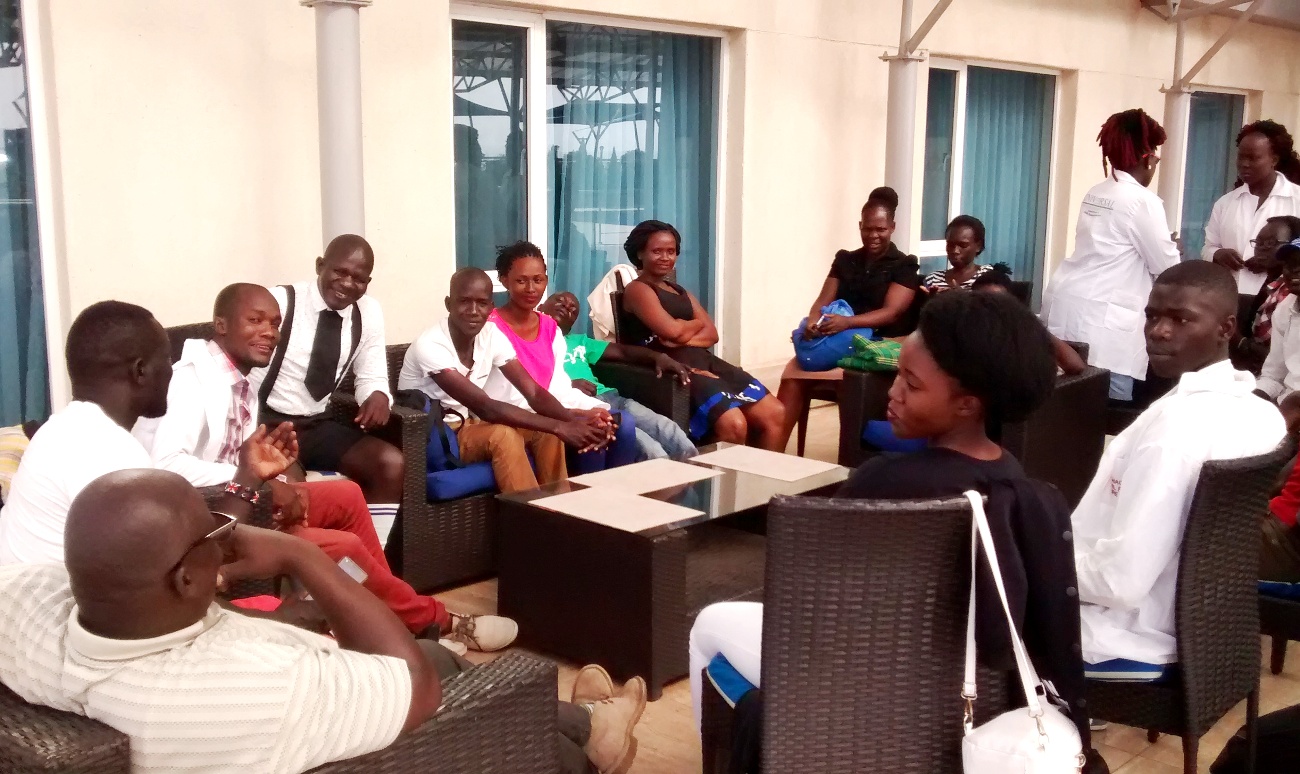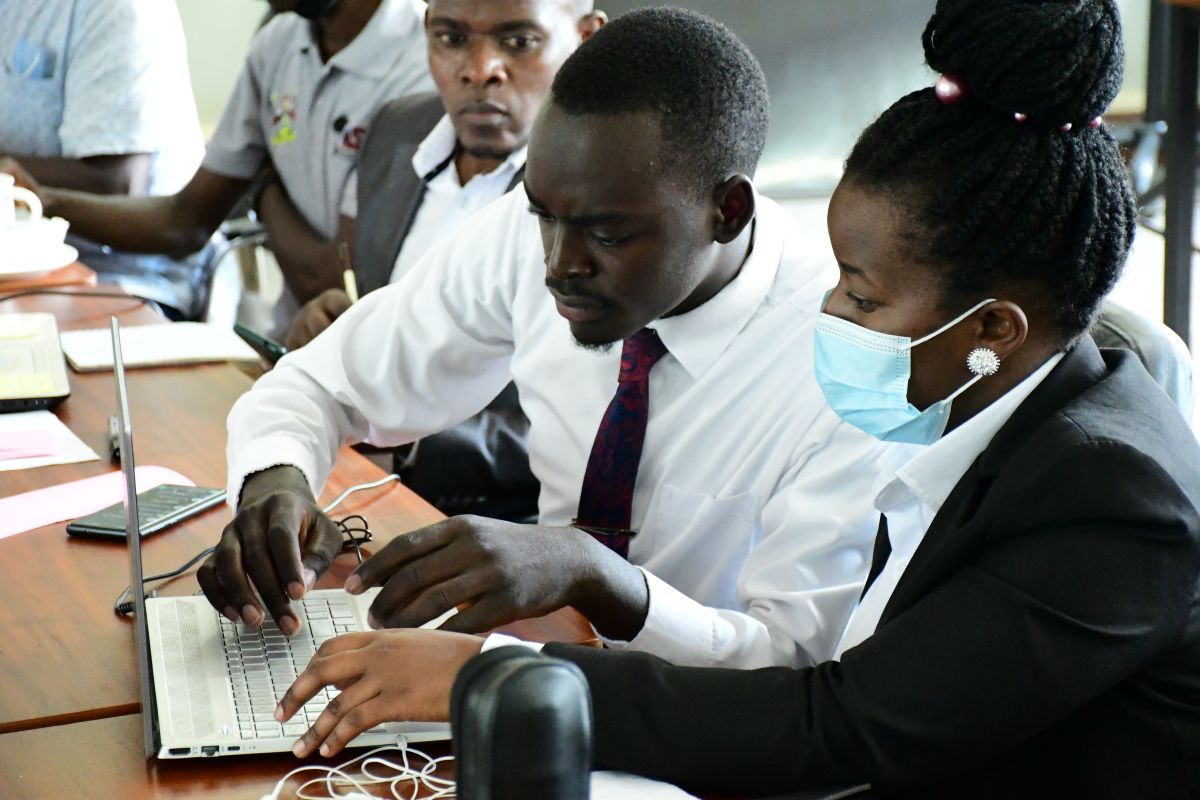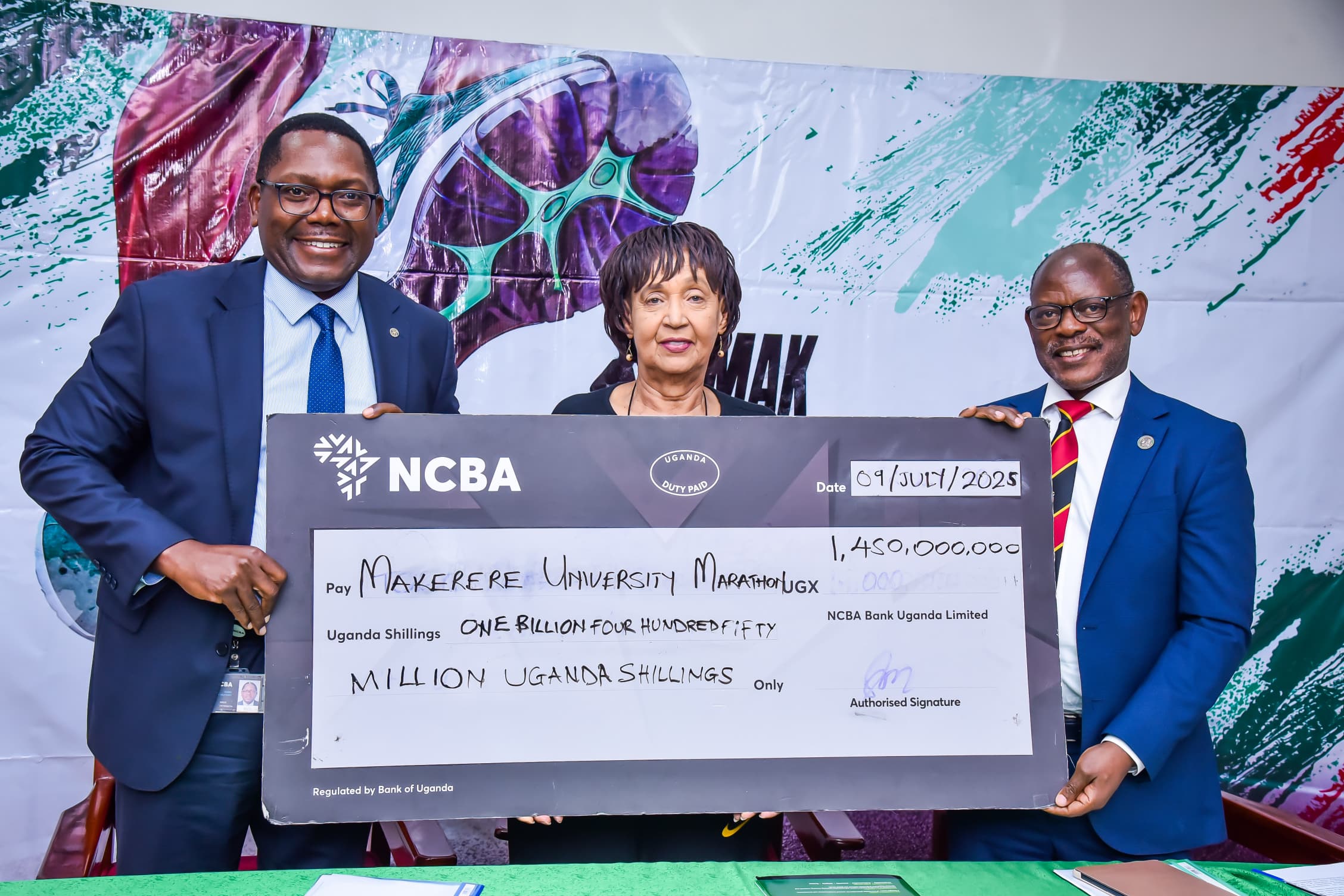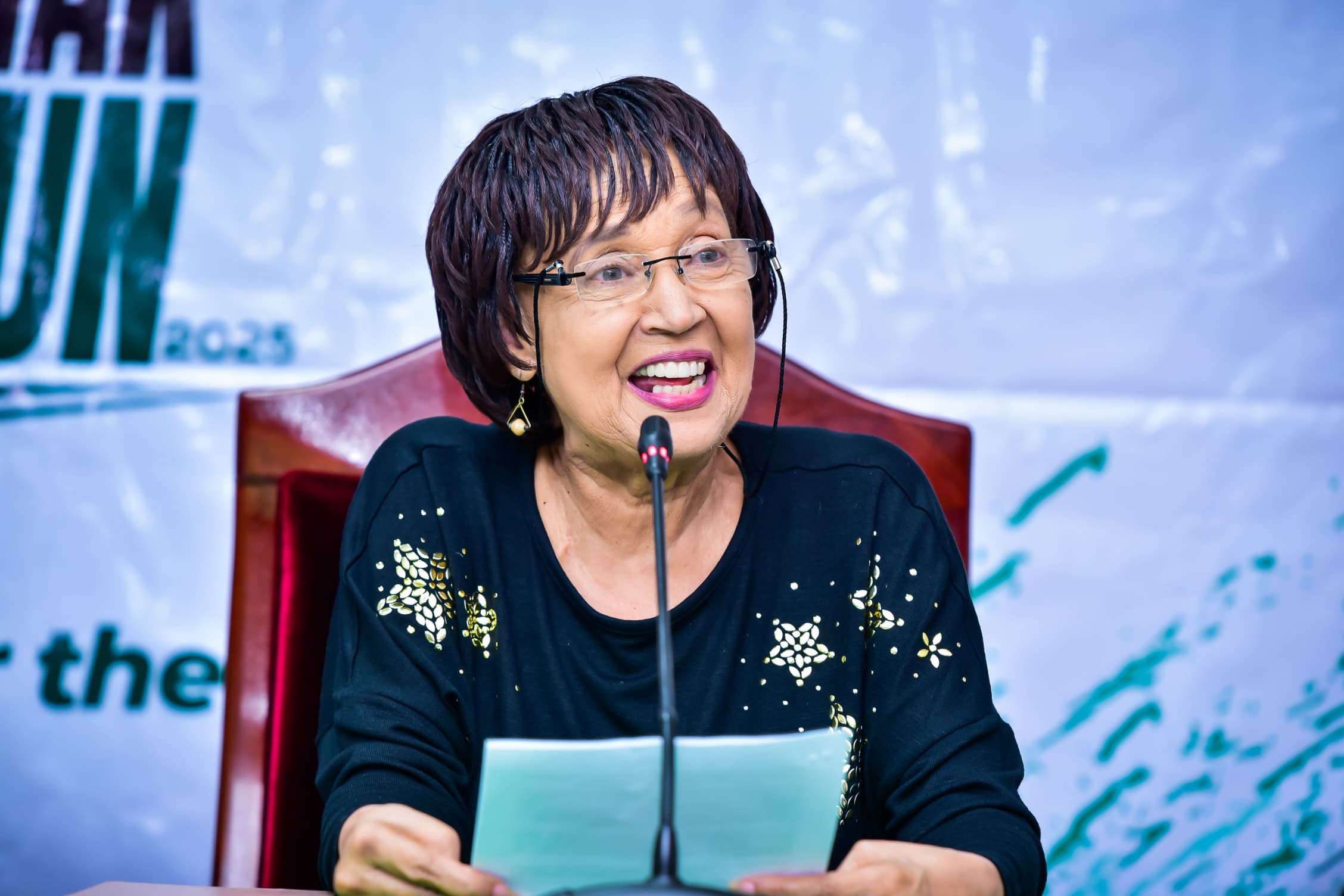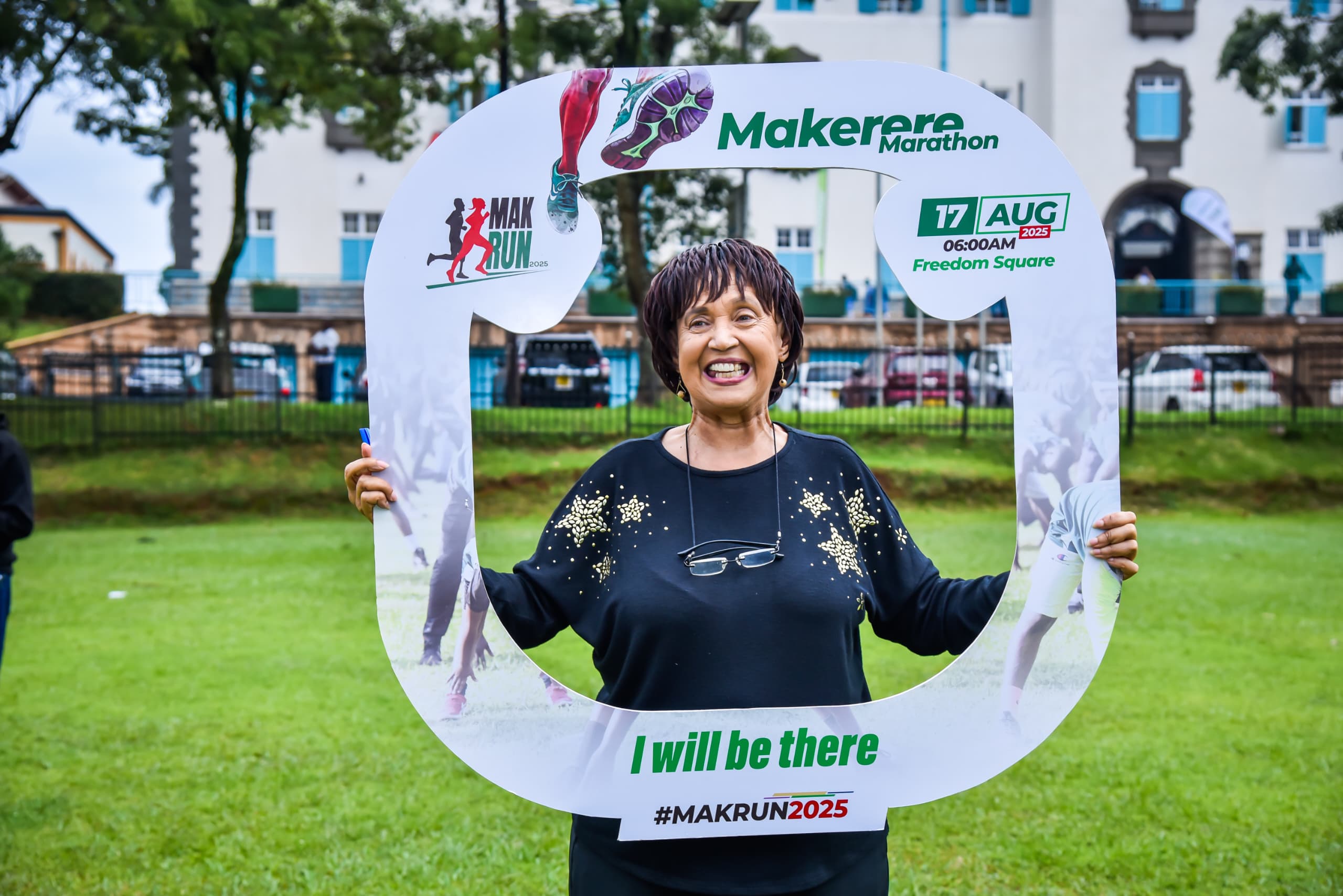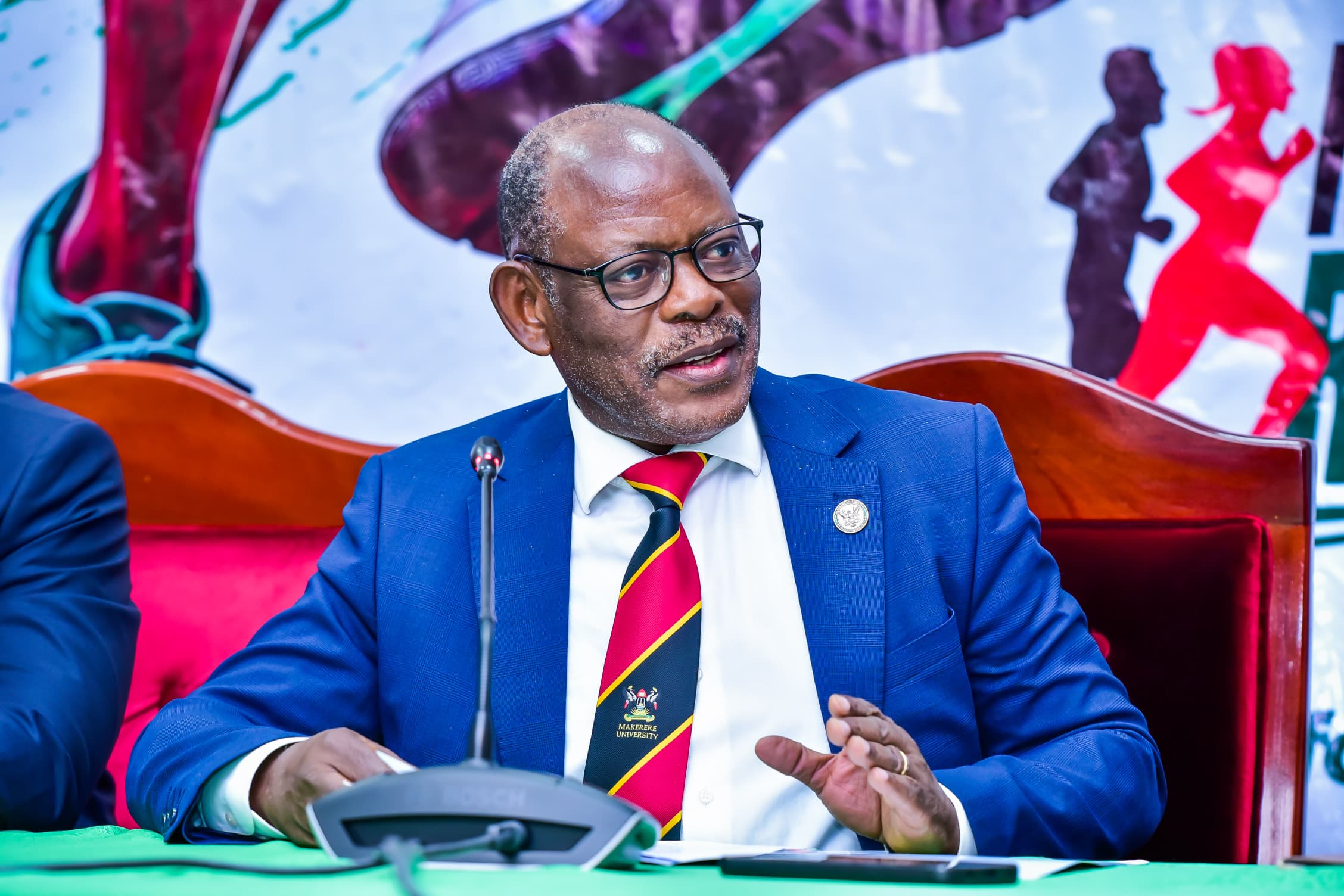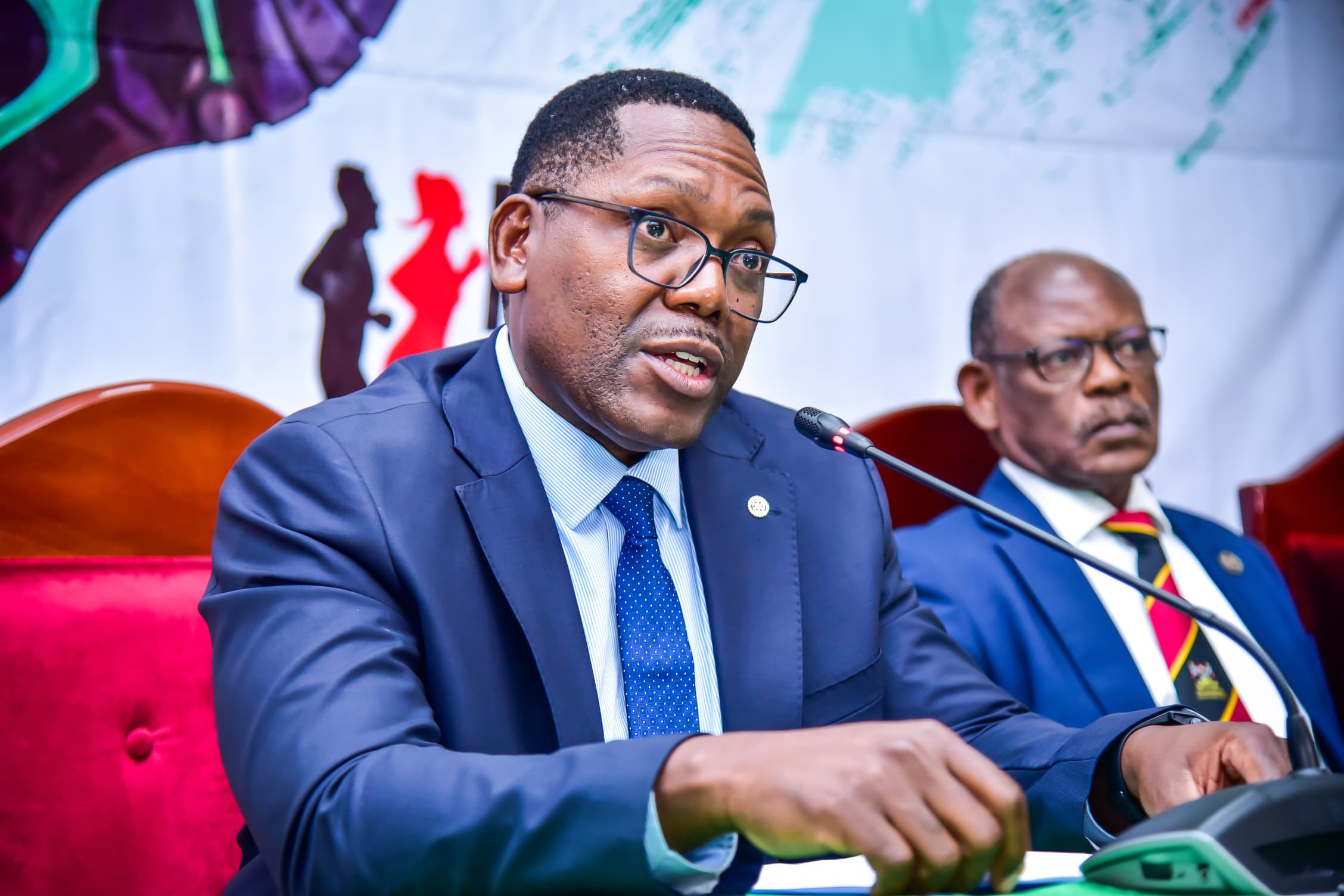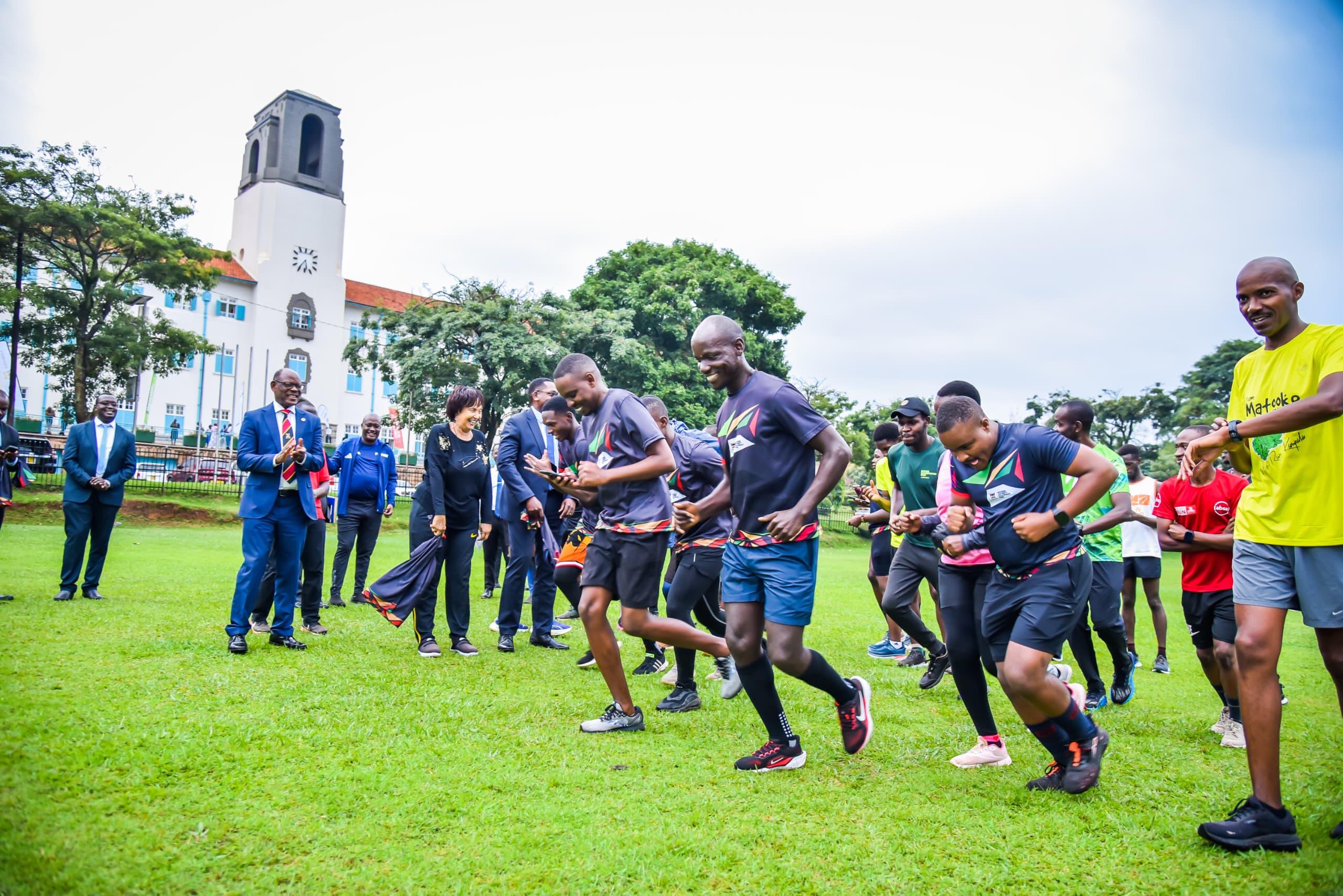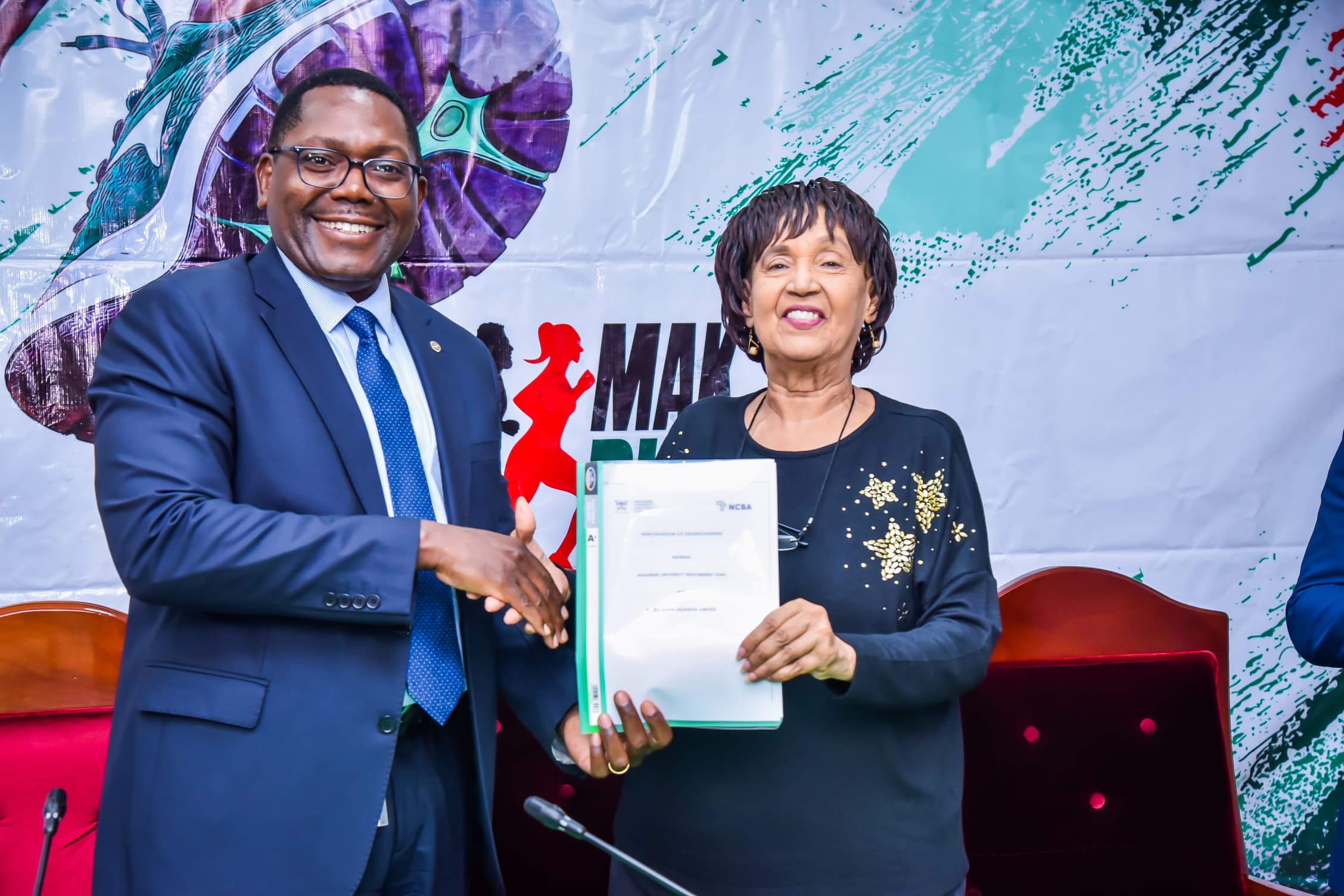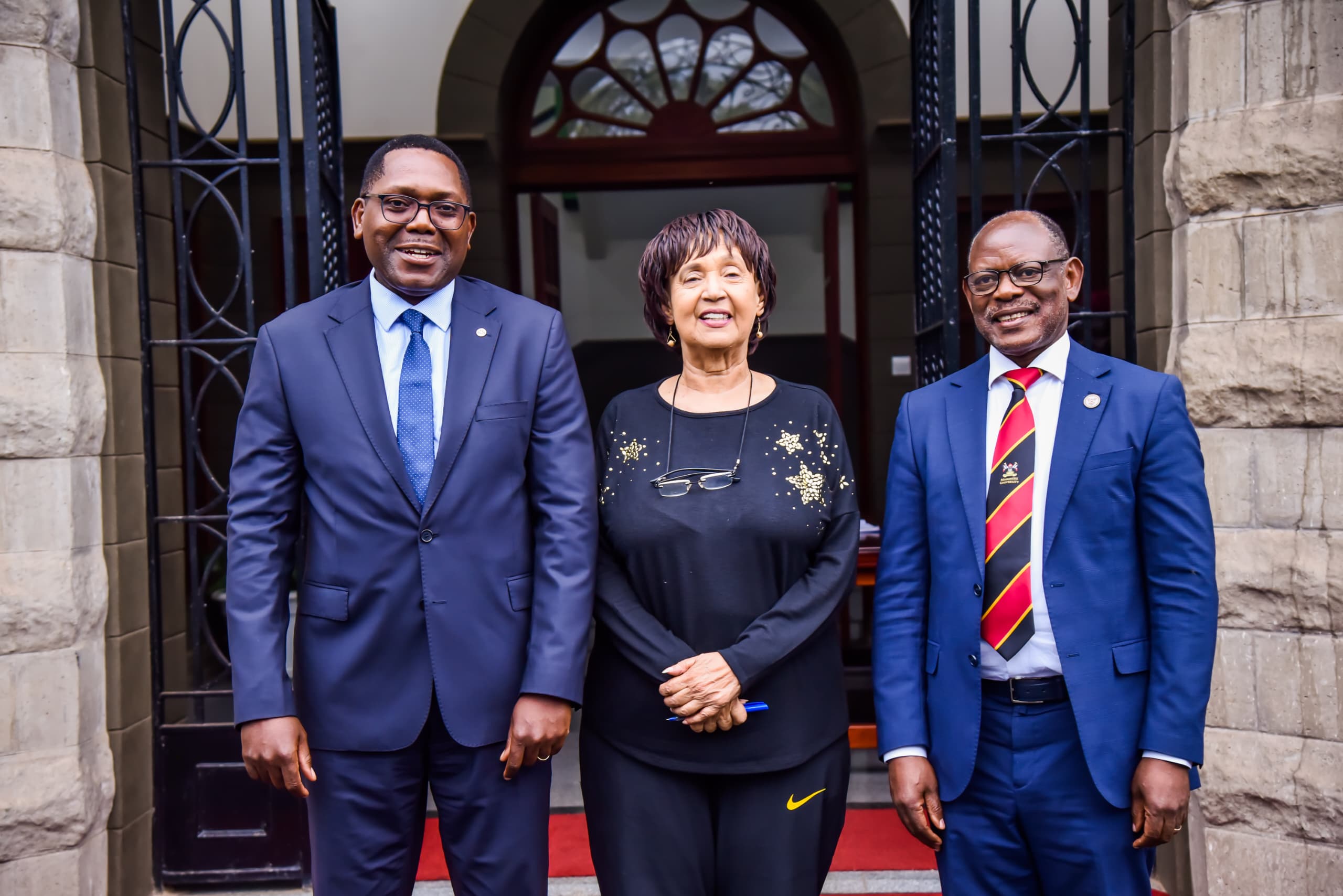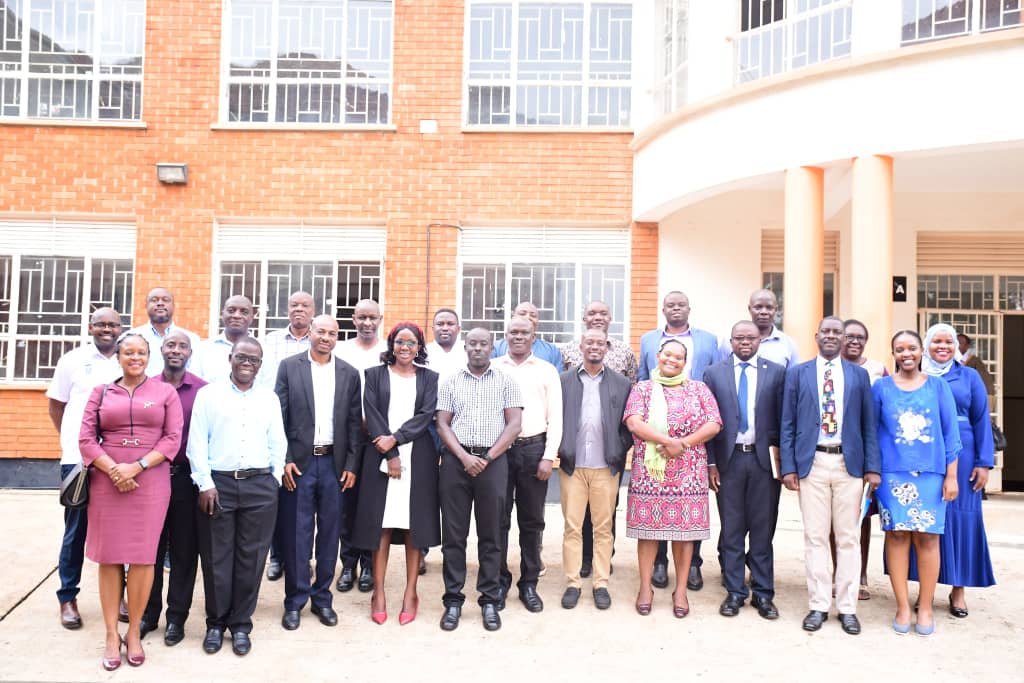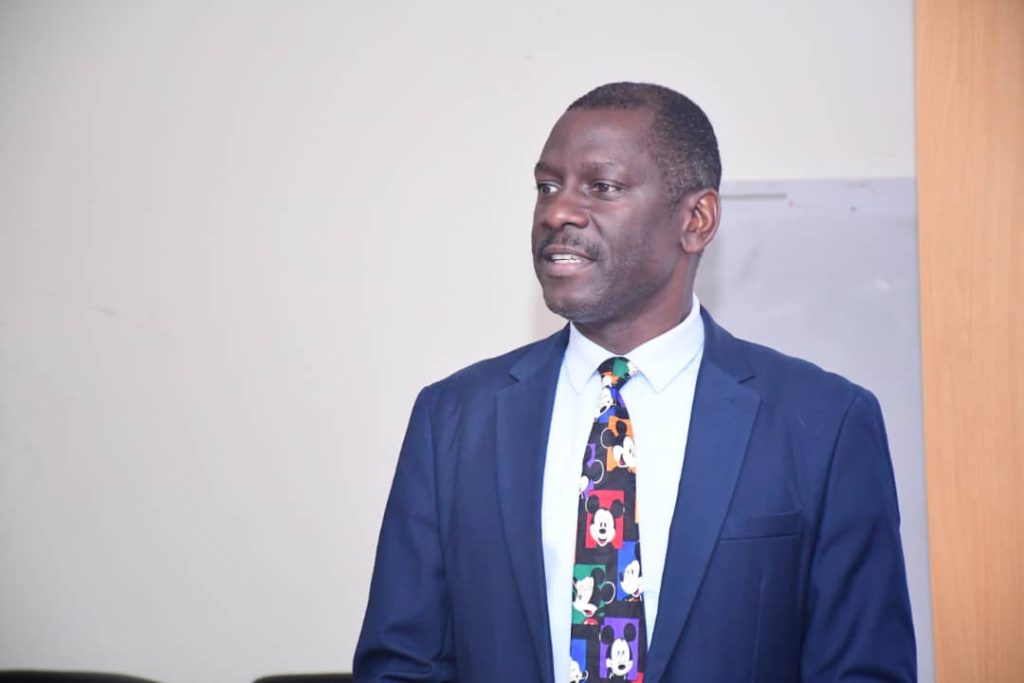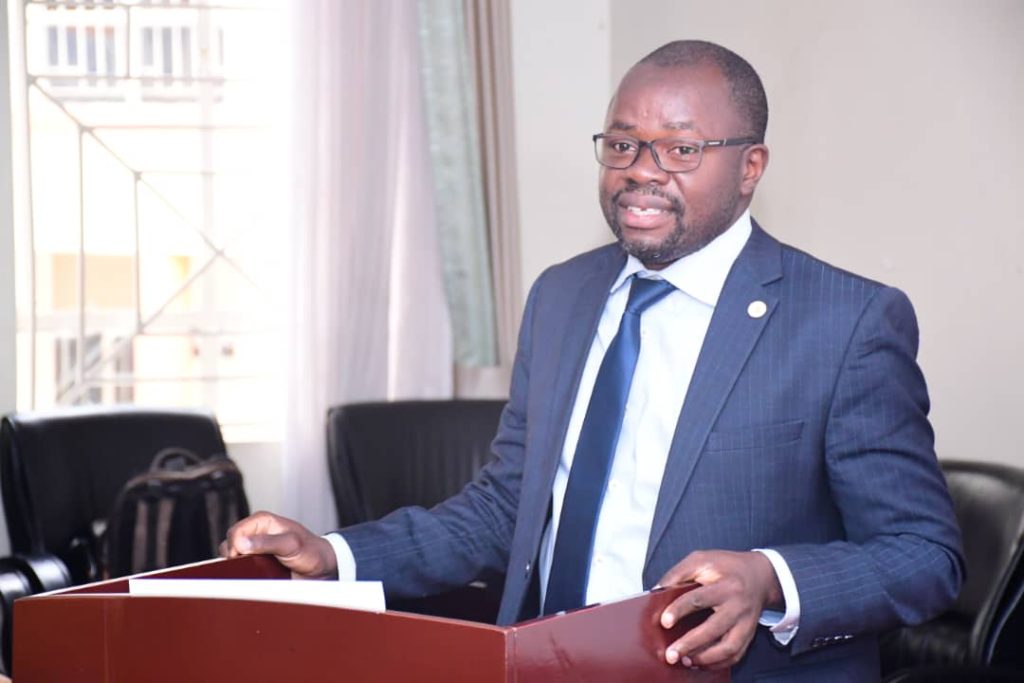Judith Awino died on her 25th birthday as she gave birth, on a dusty roadside, to her second child.
She had endured a long and difficult labour but was unable to get admitted to hospital because of a nurses’ strike.
Her baby also died.

Her short life symbolises the tragedy behind the high maternal death rate in Kenya where the maternity system faces extreme pressure.
Whereas Kenya’s overall crude death rate is on a par with Europe, its maternal death rate in 2015 was 43 times higher than that seen in high-income countries?—?with 510 women dying in every 100,000 live births.
And that picture is not just restricted to Kenya.
Across Africa, countries are unlikely to hit the Sustainable Development Goal to significantly reduce preventable maternal deaths.
A team from the University of Leeds, Makerere University in Uganda and the Catholic University of Eastern Africa is investigating a new approach to improving maternal health. It is funded by the UK’s Global Challenges Research Fund (GCRF), money from the UK’s aid budget with the aim of bringing the best research to target the big, intractable problems facing the world.
The UK Government believes research excellence is achieved by people from different academic backgrounds working in collaboration and across borders.
The project in Kenya has researchers with a medical humanities background working alongside medical and public health specialists, bringing fresh insight into why maternal death rates are high.
One of the issues that’s emerged is that a high proportion of pregnant women seek maternity care very late in their pregnancy.
Jane Plastow, Professor of African Theatre in the School of English and History at Leeds, said her approach is to use drama-based workshops to allow women and their families to feel at ease in speaking about their experiences or to act out what has happened to them.

Professor Plastow said: “We have been able to show that there are good reasons why many poor women are not able or willing to interact with health professionals and these need to be much better understood and taken into account if services are to respond well.
“The research is revealing that the challenges facing women are immense. Most people using the public health service are poor and live in remote villages, and for many it was impossible or costly to access antenatal care.”
She also commented that people felt ambulances could not be relied on. The women spoke about being treated badly when they went for antenatal advice or went into labour?—?with feelings that nurses would be dismissive, disparaging or judgmental, particularly if they regarded the patients as poor or illiterate.
Maternity units were reportedly overwhelmed, with many women not being assessed quickly enough. Both hospitals and rural clinics lacked blood products and equipment.
The research is suggesting that women have become more vulnerable because of the changes in the support they get from their families, sometimes with women under pressure to return to work days after giving birth.
Shane Doyle, Professor of African History at Leeds who is leading the project, said: “One of our goals is to encourage hospitals to adapt their maternal health provision in light of this research, so that, for example, greater attention is devoted to ongoing care and delivery and discharge.”
The researchers are working with Kenyan TV to reveal the problems faced by poorer women and it will feature the case of Judith Awino.
The project will also look at the relationship between patients and healthcare staff who often work under extreme pressure.
Professor Doyle added: “One of our aims is to show that this cross-cutting research opens up a fresh understanding of the experiences of pregnant women and health care workers.
“Kenya has attempted to improve the maternal death rate by introducing free maternity services and opening new hospitals but they’ve not had the impact that was hoped.
“Research that understands the socio-cultural issues and health issues in maternal death rates is likely to suggest more sustainable ways of tackling the problem.”
The University of Leeds has been hugely successful in securing support from the Global Challenges Research Fund. It was established in 2016 and over five years will allocate a total of £1.5 billion to UK science with the aim, the Government said, of ensuring Britain meets its “…moral obligation to the world’s poorest.”
The UK Medical Research Council awarded the GCRF grant. Dr Mark Palmer, Director of International Relations at the MRC, said: “Improving on maternal and neonatal health is a major global health challenge that we are committed to tackling.
“This research is pivotal to better understanding why maternal death rates are so high, taking a multidisciplinary approach to gain insight into how to help pregnant women, along with the healthcare workers and communities that support them. The findings could lead to positive changes and better outcomes for maternal health around the world.”
The University of Leeds is involved in 70-plus projects financed through the fund covering a range of issue from equipping scientists in the developing world with technology to safely make vaccines, low-cost endoscopy for stomach cancer and the ways people can protect themselves from the kidnapping epidemic in Mexico.
Find out more about the University of Leeds and GCRF.
Other GCRF stories:
Improving the forecasting of tropical storms in Africa
Tackling viral diseases
Rebuilding fractured societies

 Education7 days ago
Education7 days ago
 General1 week ago
General1 week ago
 General2 weeks ago
General2 weeks ago
 General3 days ago
General3 days ago
 General1 week ago
General1 week ago